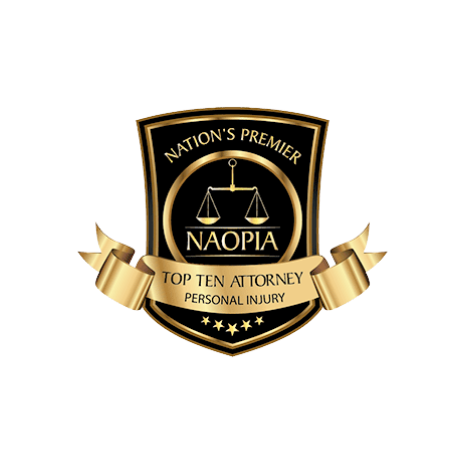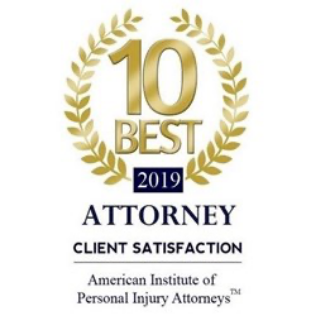If you get pulled over for drunk driving, you could be looking at expensive fines and surcharges, license suspension, and other penalties. Police are often highly trained to find and arrest drunk and high drivers, potentially making these some of the most common charges are defense lawyers deal with.
When you face DWI/DUI charges, you should always work with a lawyer. There are many ways to combat these charges that you might not know about, from challenging the legality of the stop to fighting the prosecution’s use of “field sobriety tests.” If we can get the charges dropped or dismissed, you can save yourself a lot of time and money that would otherwise go toward penalties.
For a free case assessment, contact Lombardo Law Group’s DUI/DWI lawyers today at (609) 418-4537.
When Can Police Pull You Over for DWI/DUI in Estell Manor, NJ?
For police to be able to stop you in the first place to investigate a potential case of DWI (driving while intoxicated) or DUI (driving under the influence), they need to have “reasonable suspicion.” This is a relatively low bar, but it must be met for the stop to be legal. If they did not have at least reasonable suspicion, then the entire case should likely be thrown out.
Other Offenses
If the police witness you perform another traffic offense, that is usually sufficient to count as “probable cause” – a higher standard than reasonable suspicion, and the standard needed for a search or arrest. This is perhaps the strongest grounds on which to pull you over, given that they can at least pull you over and ticket you for that other offense.
During this stop, police will almost always do two things unrelated to the potential traffic ticket at hand: look for signs of drunk driving and run a warrant check. If they do find evidence of drunk driving, they will investigate further and try to charge you and arrest you. Warrant checks during a “routine” traffic stop can also lead to potential arrests.
Witnessed Dangerous Driving
If you were driving in a way that usually corresponds to drunk driving or drugged driving, police might think they have reasonable suspicion to pull you over. This usually requires “articulable facts” of what they observed, not just a mere “hunch” that your driving looked like you were drunk.
Police will usually articulate things like excessive speeding, excessive slowness, sudden changes in speed, swerving/inability to stay in your lane, delayed reaction to a traffic light change, tailgating, leaving too much following distance, or many other facts. Often, these will independently count as traffic offenses that can lead to a traffic stop, but even if they do not, the combination of factors might be enough to pull you over.
Reports/Tips of Other Offenses/Drunk Driving
Police might try to pull you over if they get a report that someone witnessed a traffic offense or what appeared to the person to be drunk driving. However, police cannot usually rely on this report alone; they will often need some kind of corroborating evidence. Additionally, they will often need that person to come in and testify as to what they saw, or else that evidence will be hearsay that they cannot use in court. This often means police confirm reports with their own observations before acting on “tips” alone.
DWI Checkpoints
DWI checkpoints can be set up on various roads, but they must follow strict rules for the stop to be legal. Police usually need to give notice of the stop and set some kind of rule that they then follow when deciding which cars to stop. For this rule, their particularized observations cannot play a part; it has to be something random like stopping every third car.
If the police pull you over and start an investigation and find that you were driving drunk, they can potentially arrest you, but they need probable cause first. If their checkpoint does not get them enough evidence for probable cause, they cannot legally arrest you.
However, they can also stop you outside of the rules for the checkpoint if they get other reasonable suspicion or witness a traffic violation. For example, if you crash into the checkpoint, speed through it, or suspiciously turn around and go another way before getting to the checkpoint, police might stop you and investigate further.
Standards for Charging Drunk Driving in Estell Manor, NJ
Many people are surprised to find that you do not need to be “over the legal limit” to be charged with drunk driving in NJ. People are even more surprised to find out that you might even be charged when you were not driving a car at all.
The conduct involved in a drunk driving offense under N.J.S.A. § 39:4-50 is “operating” a vehicle, not “driving.” This means you can be charged any time you were in control of the car and had the means to start driving it. For example, sleeping in the front seat with the ignition switched on would likely qualify for a DWI even if you were not driving.
The law also makes it illegal to operate a vehicle while you are “under the influence.” This does not necessarily require a BAC (blood alcohol concentration) over .08%, and this language allows police to still arrest and charge you if you refused a breath test or the results were somehow lost or tainted. It also allows them to charge you if your BAC was actually under .08% but you were still “under the influence.” In fact, .08% is an optional requirement, given that you can be charged with being “under the influence” – known as “general intoxication” – or for driving with a BAC over .08% – known as “intoxication per se.”
Lastly, you can also be charged with DWI if you let someone else who is intoxicated drive a car in your possession. For example, if you are too drunk to drive home so you let your friend drive you home in your car, you need to check that they are not also intoxicated or else you risk a DWI charge alongside theirs.
Call Our DWI/DUI Lawyers in Estell Manor, NJ Today
Call (609) 418-4537 for your free case evaluation from our DWI/DUI lawyers at Lombardo Law Group.






